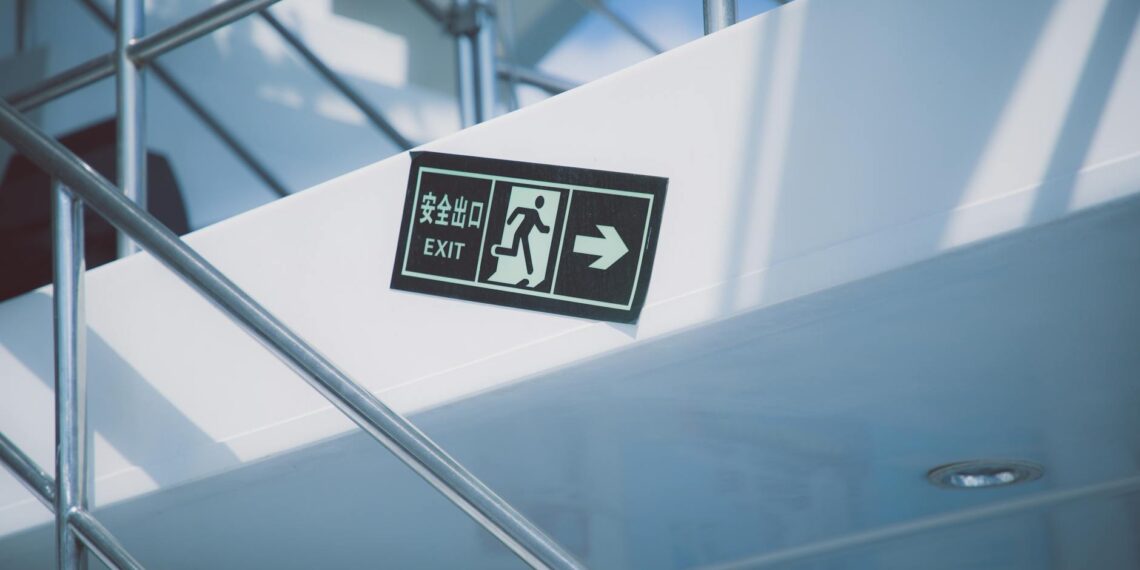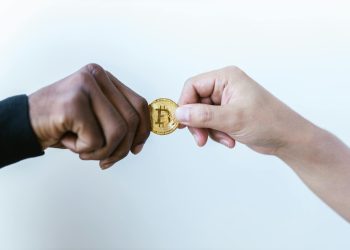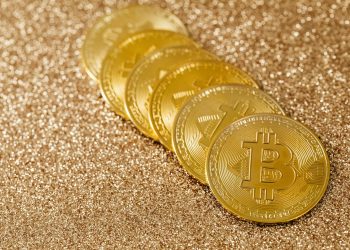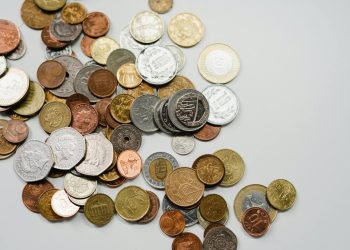The recommended cleaning methods depend heavily on the type and value of the coin, with a focus on gentleness and avoiding harsh cleaning agents that can damage their surface and potentially decrease value.
- Warm soapy water: This is the most gentle and safest method for removing loose dirt and grime from coins that are not considered rare or valuable.
– Soak the coins in warm water with a few drops of mild dish soap.
– Gently rub the coins with your fingers or a soft cloth, while submerged, to loosen dirt.
– Rinse thoroughly under clean running water.
– Pat the coins dry with a soft, lint-free cloth.
- Household ingredients: Some household ingredients can help remove tarnish from coins that are not valuable or collectible.
– A paste of baking soda and vinegar can be used by soaking coins in vinegar, then applying baking soda and rubbing gently.
– A solution of vinegar and salt can be effective for copper coins by soaking and then gently wiping.
– A paste of lemon juice and salt can be used for tough tarnish, but be cautious with valuable coins as it can be abrasive.
- Goo Gone: This product can help remove stuck-on debris, even from crevices. Apply it, scrub lightly with a soft toothbrush, rinse, and dry.
- Acetone (pure): Pure acetone can be used to remove oils and deposits by wiping the surface with a cotton swab dipped in acetone, then using a dry swab.
- Consult a professional: It is highly recommended to consult a professional before cleaning valuable or collectible coins, as cleaning can significantly decrease their value.
- Distilled water and gentle brush (if advised by expert): If a professional advises it, soaking a collectible coin in distilled water can loosen debris. A very soft brush may be used while submerged, followed by rinsing with distilled water and air drying.
- Avoid abrasive materials: Do not use harsh brushes or abrasive products that can scratch the coin.
- Be gentle: Use a light touch and avoid aggressive scrubbing.
- Don’t polish: Polishing can remove the natural patina, which can add to a coin’s value.
- Patina: Natural toning or patina on coins can enhance their appearance and value.
- Rarity matters: The potential decrease in value from cleaning is more significant for rarer coins.
By carefully considering the coin’s value and following these gentle cleaning methods, you can help preserve the integrity and potential value of your coins.











Is WD-40 good for cleaning coins?
The oil-base makes WD-40 reasonably effective at removing it without a lot of work. There is of course some sacrifice when this stuff is removed but fortunately the metal underneath is in pretty good condition and the coin, in hand, is much more presentable.
Does Dawn dish soap clean pennies?
Especially bright copper. If you have to use anything to try and get some gunk.
What not to clean coins with?
Don’t use metal polish – This might seem like one of the most obvious ways to clean coins. After all, they’re made of metal. But these cleaners are often made with caustic chemicals that can do serious, and permanent, damage to a coin.